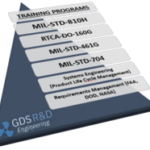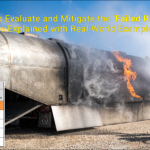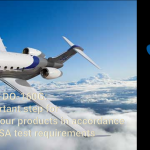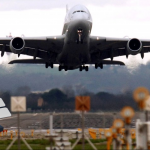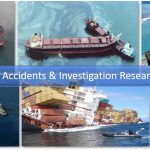Warning: Undefined array key "file" in /home/nfrt1mhnl4sv/globaldynamicsystems.com/wp-includes/media.php on line 1759
Deprecated: preg_match(): Passing null to parameter #2 ($subject) of type string is deprecated in /home/nfrt1mhnl4sv/globaldynamicsystems.com/wp-includes/media.php on line 1759
Warning: Undefined array key "file" in /home/nfrt1mhnl4sv/globaldynamicsystems.com/wp-includes/media.php on line 1759
Deprecated: preg_match(): Passing null to parameter #2 ($subject) of type string is deprecated in /home/nfrt1mhnl4sv/globaldynamicsystems.com/wp-includes/media.php on line 1759
Warning: Undefined array key "file" in /home/nfrt1mhnl4sv/globaldynamicsystems.com/wp-includes/media.php on line 1759
Deprecated: preg_match(): Passing null to parameter #2 ($subject) of type string is deprecated in /home/nfrt1mhnl4sv/globaldynamicsystems.com/wp-includes/media.php on line 1759
GDS Engineering R&D provides online international focused training on
- MIL-STD-810H: Training on Environmental Qualification Testing of Military Equipment and Products
- RTCA-DO-160G: Training on Environmental and EMI/EMC Testing of Airborne Equipment and Products
- MIL-STD-461G: Training on EMI/EMC Testing of Military Electrical and Electronic Equipment and Devices
- Requirements Management (Systems Engineering Process followed by FAA/EASA, DOD)
- MIL-STD-704F Training on Aircraft Electrical Interface
| Filename | File Description | Download Link |
|---|---|---|
| RTCA-DO-160G Training Description.PDF | Training Description Document for The Training on Environmental and EMI/EMC Testing of Airborne Equipment and Products | |
| MIL-STD-810H Training Description.PDF | Training Description Document for The training on Environmental Qualification Testing of Military Equipment and Products | |
| MIL-STD-461G Training Description.PDF | Training Description Document for The Training on EMI/EMC Testing of Military Electrical and Electronic Equipment and Devices | |
| MIL-STD-704 Training Description Document. pdf | Training Description Document for The training on aircraft electrical interface includes the primary standard document and eight associated guides. | Download |
| Systems Engineering and DoD Projects Management Training.pdf | Training Description Document for The Training on Systems Engineering and DoD Projects Management | Download |
| Requirements Management Engineering Training Description Document.pdf | Training Description Document for The Training on Requirements Management Engineering. | Download |
| Applied Vibration Testing Training Description Document.pdf | Training Description Document for Applied Vibration Testing. | Download |
